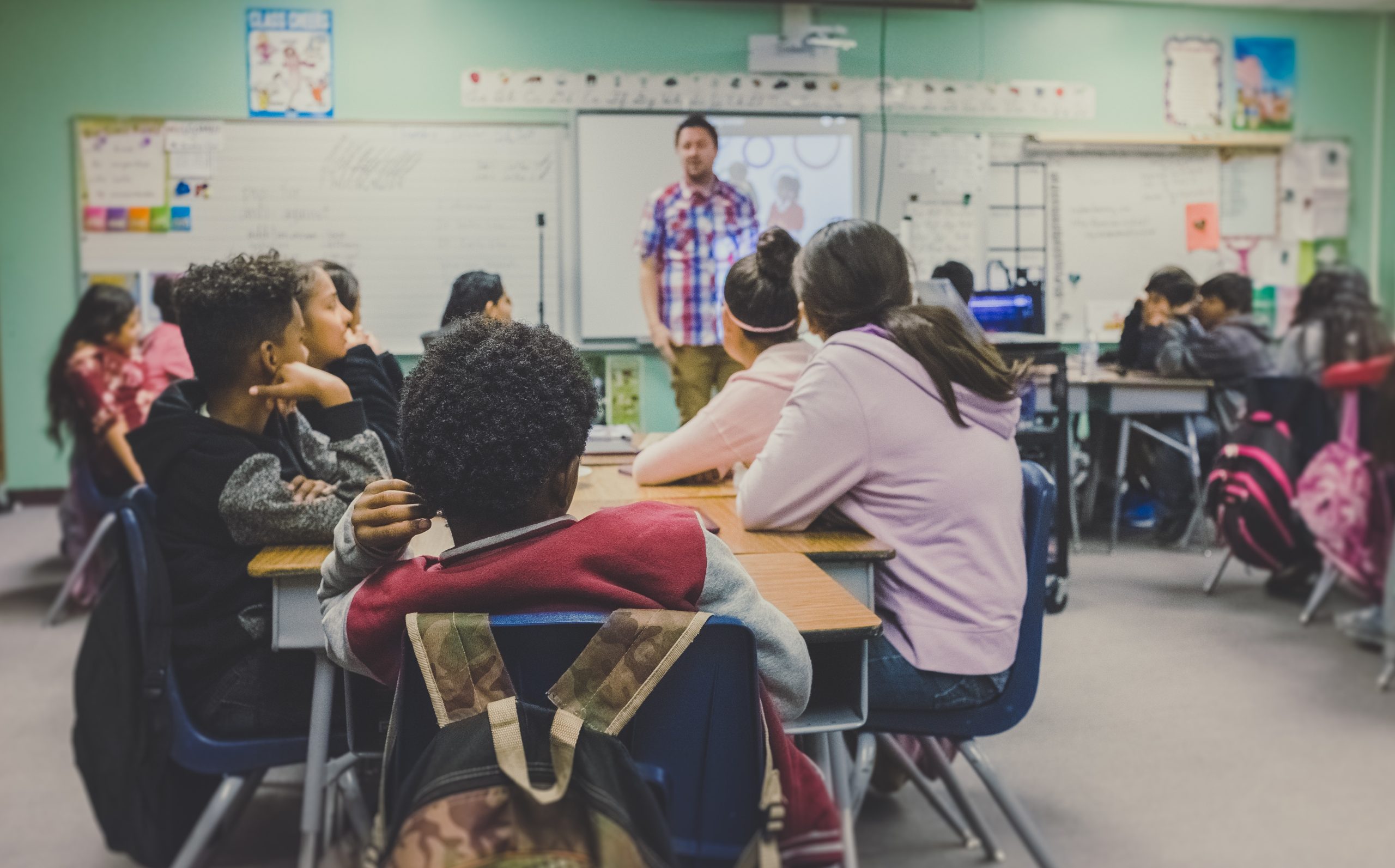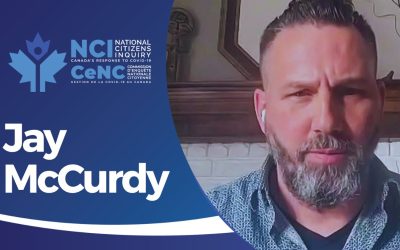There is a fine line between teaching and brainwashing. Teaching informs students about the world around them and helps them become critical thinkers. In contrast, brainwashing provides students with heavily skewed information that leads to one predetermined conclusion.
It’s easy to mix these two things up if we aren’t careful.
People who work in schools are called teachers rather than brainwashers for very good reason—there is a world of difference between teaching students what to think and teaching them how to think. While teachers should challenge students’ thinking by exposing them to contrary ideas, teachers should not indoctrinate students with their personal worldview.
Unfortunately, there is reason to believe that some teachers are blurring the line between teaching and brainwashing. For example, a recent CBC story featured a Regina public school teacher who had his Grade 6/7 students spend most of November working on a variety of climate change projects. This unit culminated with a public event where students made presentations about how to stop climate change.
Obviously, climate change is an important issue and it makes sense for students to learn about it. However, the story also noted that the teacher recently spent time at an intensive training session led by former U.S. vice-president Al Gore. That teacher is now a “climate reality leader” who is expected to train other teachers about how to take action on climate change. This probably explains why he made his students watch Al Gore’s latest movie, An Inconvenient Sequel, during class.
The CBC story makes it clear that this teacher went far beyond informing students about climate change. His climate change unit was designed to make his students take action that conformed to what he learned at his Al Gore training institute. That isn’t teaching, it’s indoctrination.
We can expect to see more of this type of indoctrination if provincial curriculum guides continue to focus more on social justice than on learning a defined body of knowledge. For example, the Alberta government is currently rewriting its K-12 social studies curriculum and there is a disturbing lack of emphasis on specific historical facts and events. Instead, students will focus on broad themes such as diversity and environmental stewardship. This ambiguity practically invites teachers to indoctrinate students.
Fortunately, there is a better option. In order for students to become critical thinkers, they need to master a defined body of knowledge in a variety of subject areas. It cannot be assumed that students will naturally pick up the necessary knowledge while engaging in inquiry projects conducted within specific themes. For example, if students are going to grapple with major issues like climate change, they need to know a whole lot about meteorology. Much of this knowledge needs to come by direct instruction from the teacher. Otherwise it won’t be learned.
All too often, critical thinking is presented as an abstract skill when it is actually highly dependent on subject-specific content knowledge. Students cannot think critically about something they know nothing about.
Social justice appeals to a lot of teachers. It can be far more exciting to engage students in what seems to be an important social justice project than to painstakingly help them master basic curriculum content. However, there are no shortcuts where real learning is concerned. If students are going to become critical thinkers, they need to first learn a lot of basic facts and skills. This may not be as flashy, but it is essential to learning. Teachers must be responsible for the essentials of learning.
When this learning process is short-circuited, students are easily brainwashed. Students, particularly those in younger grades, are influenced by their teachers. If their teacher is passionate about what he recently learned at his Al Gore training institute, it’s easy for students to simply adopt their teacher’s beliefs. It may look like students are deeply engaged in the subject matter, but more often than not they are regurgitating what they know their teachers want to hear.
Obviously, we want to develop critical thinking in schools, and for this reason teachers need to take the time to help their students develop substantial subject-specific content knowledge. In addition, when controversial issues arise, teachers must make sure students are exposed to more than one perspective. That way students can make up their own minds about these issues.



